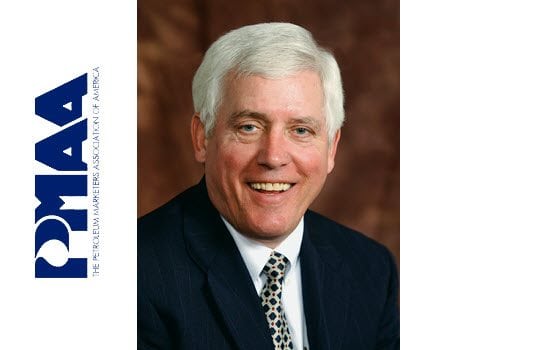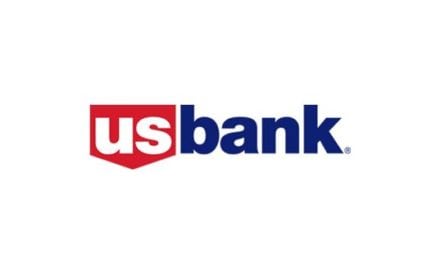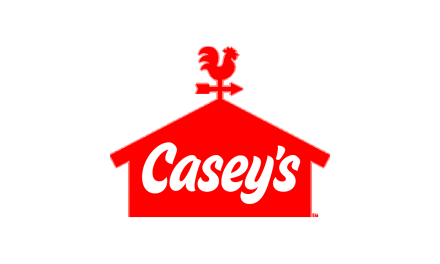By Keith Reid
After 17 years serving the industry at the helm of The Petroleum Marketers Association of America, Dan Gilligan is retiring as president. PMAA is a federation of 47 state and regional trade associations representing approximately 8,000 independent petroleum marketers nationwide. Rob Underwood, the association’s current director of government relations will be stepping up to take the helm on May 16, 2015, though Gilligan will be assisting in an advisory capacity during the transition until October.
Let’s take a look at the past 17 years and what Gilligan saw transpire in the industry and association during that time, what he’s most proud of and where he would have liked to have had a do over.
FMN: When did you first start in the industry?
Gilligan: Officially in August, 1998, but it was actually earlier than that. I accepted the job in early July when I was president of the Steel Shipping Container Institute and I got a call saying that the state executives were meeting in Monterrey, Calif., and I was needed there the next week. I was still working for the other outfit but it turned out fine. The second I agreed to the job I was on the clock.
FMN: What was going on in the organization in 1998?
Gilligan: It was a very challenging time for PMAA, and the organization was really struggling with its structure. There were many members at the time who thought we should abandon the federation model and just become a direct membership organization like NACS or SIGMA or any number of other groups. And there was another core component that did not want the structure to change.
I think that’s one of the main reasons I got the job, because I had run a federation in the housing industry previously made up of 38 state associations. So they wanted to see if the structure could be saved, and it was. We brought five state association executives onto our executive committee–prior to that it was only marketers that were allowed on the committee–and we did a lot of things to strengthen the relationship with the state associations rather than try to dismantle it.
FMN: A lot was also starting to pop in the industry around that time. What were some of the big things you faced as you started up the new job?
Gilligan: My first week in the PMAA office was when BP announced its merger with Amoco. Everything went crazy, and the press was calling asking what does PMAA think about this? And I was like holy cow; I have no idea what PMAA thinks. We didn’t have a public relations department so I called our attorney Bob Bassman and said Bob, what do I think about this? And he wrote up a one-page memo that I could basically just read off.
And what a big deal that was, because shortly afterward it was Exxon and Mobil then Chevron and Texaco-bing, bing, bing. That was a shock to most of the branded marketers, but especially the Amoco ones. Amaoco was a big operation in terms of branded wholesalers and retailers. It was truly a shock to the industry.
For my first two or three years I would say that dominated what PMAA was working on with meetings at the FTC, because there was a lot at stake in what the FTC approved or what it required in terms of divestitures and all of that. So there was no easing into the job. That was jumping right into the fire.
FMN: I came into the industry a year later and the mergers were still top of the news and, of course, at that point in time we also had the actual implementation date for the UST regulations.
Gilligan: That is when the pressure really started coming down on the operations who had not made the UST improvements, and that was a big deal as well.
FMN: What has been the biggest change in the industry you’ve seen since you’ve been here?
Gilligan: There are two or three things. When I arrived in 1998 the traditional petroleum marketing company was still in what I would call a romantic stage of interest in c-store operations. They were fuel operations getting into convenience stores and they had gotten into that in a serious way in the 1990s.
But in the early 2000’s I started to see a shift were a lot of these operations were asking how do I get out of convenience stores? The two businesses are just so different in how you operate them, so probably the biggest change was seeing a lot of petroleum marketer companies exit the convenience business and strictly supply fuel.
It wasn’t that they weren’t as interested in the convenience store business; it was just that they didn’t feel their business model could handle it. In the convenience store business unless you get bigger you can’t hardly survive–get bigger or get out–and a lot of petroleum marketing companies have focused on building their fuel business and supplying fuel the convenience stores but not actually in the direct operation stores. There are exceptions like Bill Englefield in Ohio, and Jay Ricker who has really grown his convenience store operation and loves that business. But there have been quite a few of them that have decided to ease back.
The other big thing is consolidation. Once the majors consolidated and got out of retail operations it was only natural that petroleum marketers would follow suit and consolidate. So you are seeing some of these big operations merg like CST Brands and Lehigh Gas Partners and The Pantry and Couche-Tard–nationally and regionally. SC Fuels just bought out DeWitt Petroleum. You’re seeing it everywhere, and that’s a really big deal.
FMN: What looked like it was going to be a big deal but didn’t pan out?
Gilligan: A big deal that didn’t actually turn into a big deal took place around the 2001 timeframe, and that the hypermarket big-box retailers really starting to get into fuel. Walmart, Costco, Kroger’s–there was just an enormous amount of angst about what that was going to do to the traditional petroleum marketing business. But as it’s turned out they have changed the industry somewhat, but there are a lot of branded petroleum wholesale and retail operations out there that are doing just fine.
It’s actually force traditional marketers to look at things differently and be more competitive. Out near my house there is an Exxon station two blocks down from BJ’s Wholesale and that Exxon station does a whale of a business. The theory was at the time that it was just going to destroy the traditional petroleum marketing business. And that is not at all what has happened. It made them better competitors.









